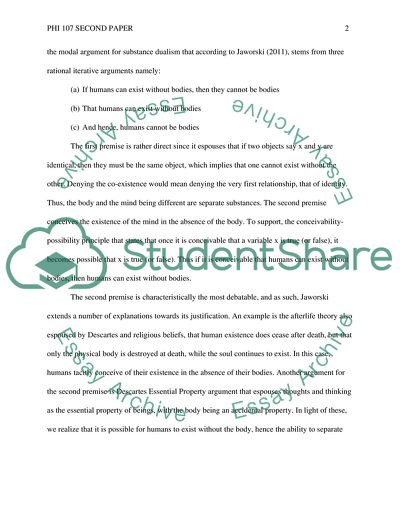Cite this document
(“Substance Dualism Essay Example | Topics and Well Written Essays - 1000 words”, n.d.)
Retrieved from https://studentshare.org/philosophy/1701923-substance-dualism
Retrieved from https://studentshare.org/philosophy/1701923-substance-dualism
(Substance Dualism Essay Example | Topics and Well Written Essays - 1000 Words)
https://studentshare.org/philosophy/1701923-substance-dualism.
https://studentshare.org/philosophy/1701923-substance-dualism.
“Substance Dualism Essay Example | Topics and Well Written Essays - 1000 Words”, n.d. https://studentshare.org/philosophy/1701923-substance-dualism.


